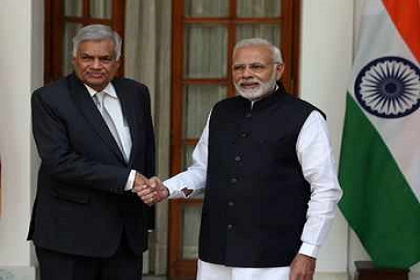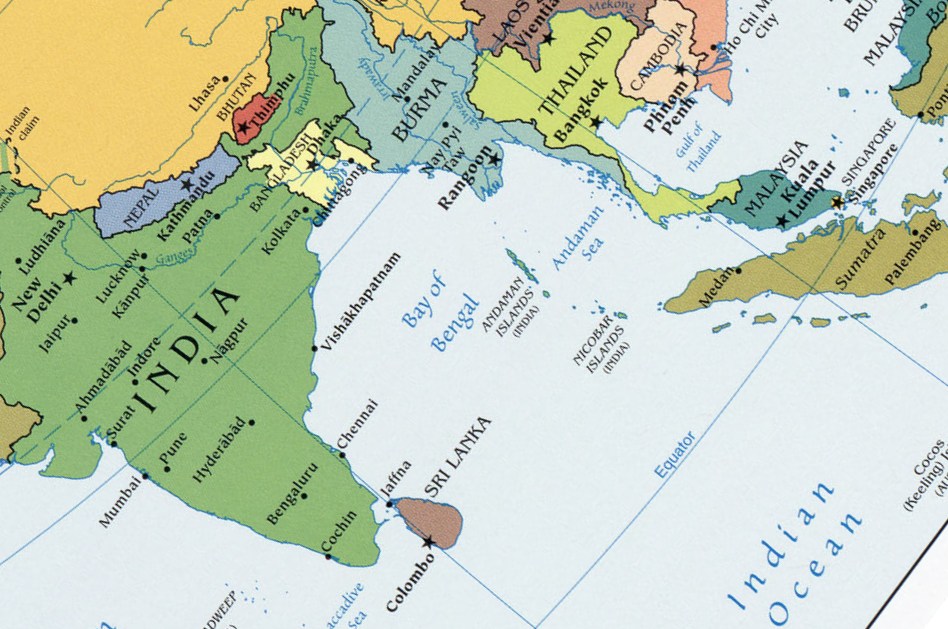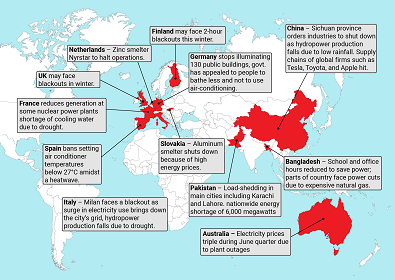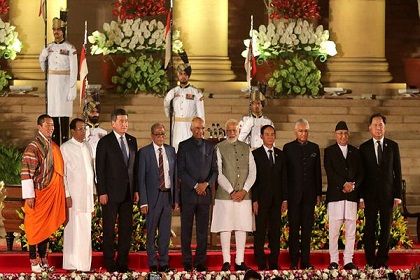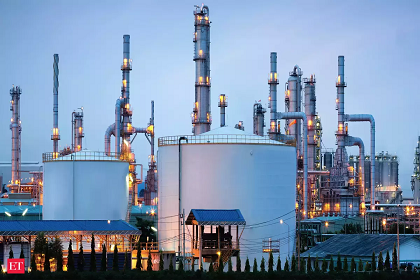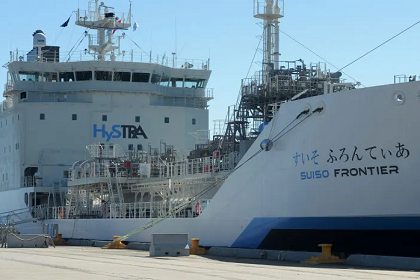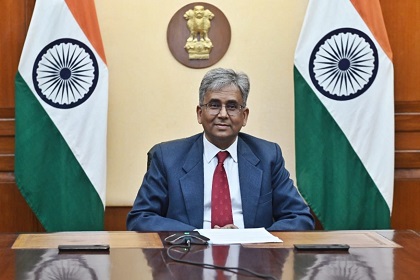India and Sri Lanka: Hard work ahead
On July 21, Sri Lankan President Ranil Wickremesinghe is set to visit for the first time since taking office. India has already provided $5 billion in economic assistance to Sri Lanka, and is now looking to expand its investment in the nation. Sri Lanka is also seeing interest from Indian private investment. The visit presents an opportunity for the two countries extend this relationship in new areas of cooperation, especially energy, infrastructure, and tourism.

